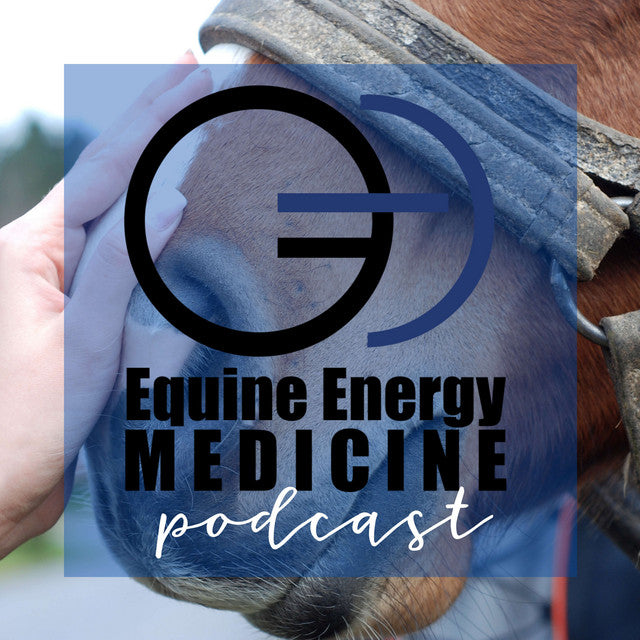
CBD is a natural extract from the hemp plant that has been widely used in managing various medical conditions in humans. However, many people are unaware that this plant compound has wellness benefits for animals as well. CBD is not just limited to cats and dogs, but can also be used for horses.
Horses may benefit from CBD in managing stress, anxiety, inflammation, and injuries. It has therapeutic properties that can help alleviate these conditions and promote equine wellness.
Is CBD safe for horses?
CBD oil is considered to be a safe and non-intoxicating supplement for animals, including cats, dogs, and horses. While the safety of CBD has been well-established among humans, its use in animals is only beginning to gain popularity in the veterinary community.
A 2020 study demonstrated the positive effects of CBD oil in reducing pain and anxiety in horses. The researchers found no safety concerns or side effects, although they did caution that further research is needed. Another study conducted in 2021 revealed that horses tolerated it well, with no significant adverse events in behaviour or physical health.
Although the long-term effects of CBD use in animals remain largely unknown, the World Health Organisation has stated that CBD is generally well-tolerated and has a good safety profile. Reports of side effects in both humans and animals are rare. Moreover, the UK Veterinary Medicines Directorate now recognises CBD as a veterinary medicine, further validating its safety and effectiveness.

What is CBD and how does it work?
Cannabidiol, or CBD, is a bio-active chemical compound found in hemp plant flowers. Hemp is a strain of the Cannabis sativa plant that is required to contain less than 0.2% THC, the psychoactive component in cannabis that produces a "high."
Unlike THC, CBD does not have intoxicating effects due to the way it is metabolised. This makes it safe for pets to consume. CBD produces its effects in humans and animals by interacting with the endocannabinoid system (ECS).
The ECS is a complex network of neurotransmitters, receptors, and enzymes that regulate vital bodily functions such as mood, appetite, memory, inflammation, pain response, and sleep-wake cycle. Each of the 100+ cannabinoids in hemp has unique properties and interacts differently with the ECS.
How does CBD work for horses?
CBD interacts with the body's endocannabinoid system (ECS), a complex cell-signalling network found in all animals. Scientists began investigating the ECS and cannabinoids like CBD in the 1930s, discovering the essential link between cannabinoids and bodily systems after decades of research.
The ECS helps regulate mood, appetite, pain, and other vital functions, and animals rely on it to maintain balance or homeostasis within their bodies.
The ECS comprises endocannabinoids, cannabinoid receptors, and enzymes, with endocannabinoids produced naturally in the body and not related to cannabis use.
Phytochemicals in the hemp plant can activate ECS receptors and mimic endocannabinoid actions. CB1 receptors are primarily in the brain and central nervous system, while CB2 receptors are typically found in the liver and immune system.
CBD interacts indirectly with CB receptors, without binding to them, which means it cannot cause intoxicating effects. CBD also affects enzymes that break down endocannabinoids, making them more available to the body. Research suggests that CBD communicates with TRPV1 receptors that regulate pain awareness and inflammation and inhibits glutamate levels responsible for pain sensation. CBD helps maintain a flow of natural compounds that balance the body, and ongoing research continues to investigate the complex interaction between different parts of the ECS.

The potential benefits of CBD for Horses
CBD oil may have similar benefits for horses as it does for humans and other animals. While limited research has been conducted on this topic, it is reasonable to assume that findings in other animals can be relevant to horses since they also have an endocannabinoid system (ECS).
Moreover, anecdotal evidence suggests that using CBD for horses may be advantageous, although more scientific research is needed to confirm these observations.
Reduced stress and anxiety
Horses that are kept in stables or used for competition often display behavioural signs of stress, such as cribbing, pacing, wind-sucking, and general anxious behaviour. This stress can also lead to sleep deprivation, which can negatively impact their athletic performance.
Some veterinarians believe that CBD can help manage stress and anxiety in horses, just as it does in anxious dogs. In one of the few studies examining CBD's effects on horses, researchers found that it may improve anxiety levels in these animals.

CBD to relieve inflammation and pain
Athletic injuries among horses are common. Additionally, as horses age, health conditions such as arthritis and laminitis become widespread.
Pain and inflammation can reduce the working lifespan of horses, and owners spend considerable time and money addressing these issues.
Understandably, finding a natural supplement that could support their horse’s recovery would be beneficial.
However, little information exists on CBD use for pain and inflammation in horses, and many of the reports are anecdotal. Researchers in one study found significant evidence of a link between CBD for horses and reduced pain.
The authors noted an overall improvement in health and a continual improvement in the horses’ pain response. CBD could support your horse as they recover from injuries, meaning that they can return to their former performance more rapidly.
CBD dosage for Horses
Pet owners should begin with a starting dose of CBD oil to see how the animal reacts and if they experience any side effects.
CBD Companies recommend a starting daily dose of around 0.2 mg per 1kg/2lbs of weight, and then after two days increase this to a medium dose of 0.4 mg per kg/2lbs while monitoring how the horse feels.
However, if your horse struggles with an ailment or pain, experts recommend increasing to the fuller dose of 0.6mg per kg/2lbs of body weight.
Consistency is key so once you have calculated your daily dose divide it across two doses morning and night.
For slow absorption the oil can be mixed with food or dropped into the side of your horse's mouth. For quick results, administer the oil drops under the tongue (sublingually). This will allow the CBD to be absorbed rapidly into the bloodstream than with other routes, such as consumption with food.

Horse competition rules and testing
If you compete at a high level with your horse, you’ll need to exercise caution because of competition rules against doping in sports.
Both the U.S. Equestrian Federation (USEF) and the Fédération Equestre Internationale (FEI) prohibit the use of CBD.
How to choose the best CBD oil for Horses?
CBD oil is typically safe for horses. However, not all brands are created equal.
Top companies in the industry send their products to third-party testing facilities to check for contaminants and compliance with federal laws.
Hemp is legal, providing that the plants do not contain more than 0.3% THC. To verify you’re purchasing safe and legal CBD products, always review the certificate of analysis or COA, which breaks down the different compounds, including THC levels.
While more research is needed to fully understand the effects of CBD on horses, anecdotal evidence and early studies suggest that it has the potential to be a useful supplement for horse owners looking to manage their horse's pain and anxiety naturally.
With all this information in your arsenal you can now decide whether or not CBD will be something that you can use as a beneficial aid for your horse.
















